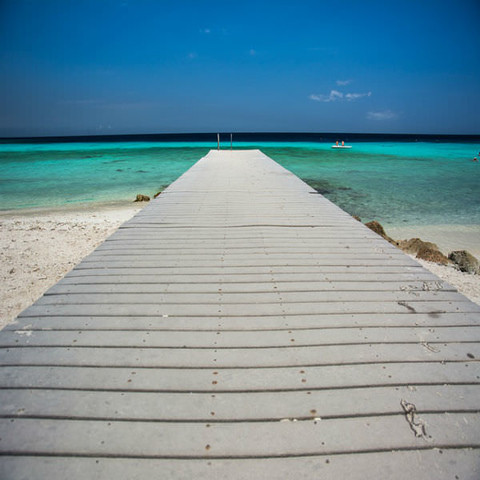There is no better time to travel than during your retirement years. More and more older and elderly people are packing their bags and setting off on exciting adventures. We’ve put together our top tips for older travellers.
Be Prepared
Always book your transport to airports, bus stations, train stations, etc. earlier than you think you need it in order to avoid the stress of being late because of traffic or long queues.
When booking your accommodation always make sure they are suited to your needs. Are the restaurants and public areas accessible to you? If you find steps difficult, some hotels will reserve you a ground floor room if you make a request when booking.
Keep all documents together where you can. Pop everything you need for your trip, such as itineraries, travel tickets, and reservations, in a folder. When you reach your hotel, keep it in a safe place so that you have no last minute panic when you can’t find your ticket home. Make sure you have your up-to-date travel insurance documents with you.
Travel Plans
Even the most experienced travellers can brush over the finer details of their trip. Plan out every single detail including how you will get from your house to the airport or train station and how you will get to your accommodation when you arrive at your destination. It’s usually a good idea to choose taxis or a direct shuttle when getting your luggage from place to place instead of moving heavy bags around trains and buses if you’re already a little unsteady on your feet.
If mobility is an issue for you, always try and book special assistance in advance. Airports will usually provide wheelchairs and assistants to guide you through the airport and larger train stations will often offer similar support. You can contact your airline or the airport/train station directly to arrange this.
What’s Right For You?
One size doesn’t fit all when it comes to travelling. If organising flights, accommodation, and day trips seems like too much hard work, many older people opt for touring holidays such as coach trips. These companies will arrange all travel and accommodation for you so that all you have to worry about is getting yourself to the pick up point on time. A cruise is also a good option if you don’t want to organise too much yourself.
Don’t feel pressured to go on that ‘once in a lifetime’ round-the-world trip just because you’ve reached retirement age. Many older travellers suffer in extreme heats or on long journeys so shorter trips are often necessary. If you need to stay closer to home, a weekend in the UK or Europe can still be an amazing trip.
Listen to Recommendations
Word of mouth is a great way to find out the best places to visit. Ask your older friends and family for recommendations of great holidays or trips they have had. They are in similar situations and will be able to advise what worked best for them.
Use guides to plan your travel. TripAdvisor might seem like an obvious choice but can be an invaluable tool in deciding your plans and itinerary. Physical travel guides are also useful for getting ideas in the planning stages.
Have Things Ready For When You Get Home
It can often be a relief to get home after a long trip, so make sure things are in order for your return. Try and leave your house tidy and make sure your usual chores are done so that you can come home and relax.
Ask a neighbour or family member to drop in some bread and milk ready for when you get home.
Have your Telecare alarm ready! Leave your pendant next to the front door so that you can slip it on as soon as you get home. We also recommend testing your alarm when you’ve been away. To do this, simply press your pendant and make sure that it connects to the monitoring centre. For more information about Telecare alarms, call us on 0800 635 7000.
Editor’s Note: This article was updated on 19th March 2024.




